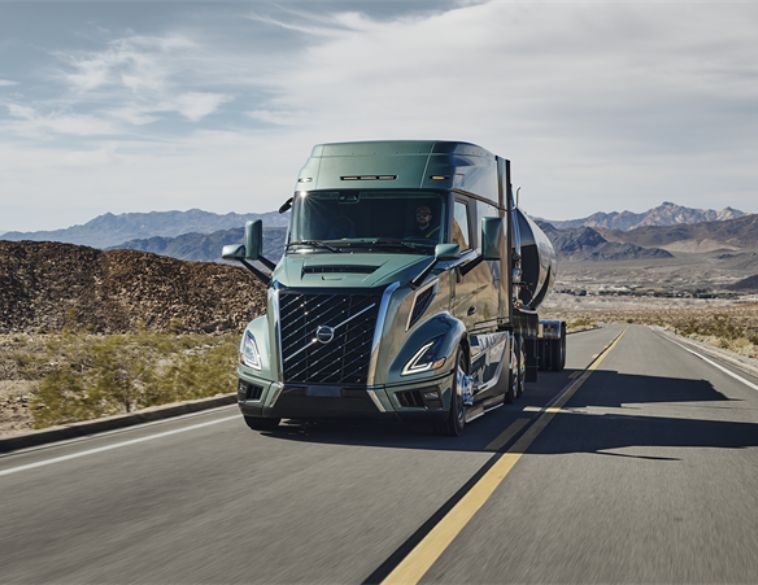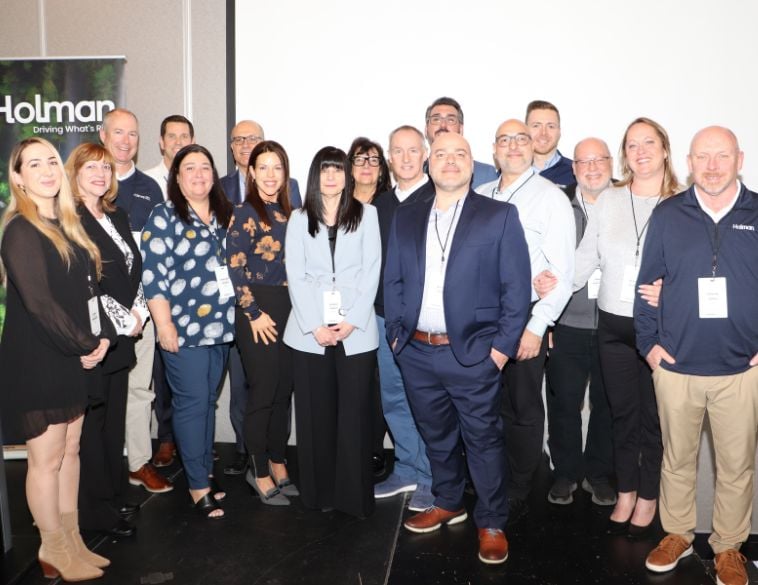Jaguar Land Rover’s REALITY project is developing the next phase of its aluminum closed-loop strategy with an innovative recycling initiative to build next-generation vehicles.
The REALITY project aims to repurpose the aluminum from existing Jaguar and Land Rover vehicles to create a new high-grade aluminum for new cars.
The process involves four main steps:
- Batteries are safely removed from old vehicles and enter into a second-life process as well;
- Scrap from the vehicles is sorted into various materials using high-tech sensors by Axion;
- Aluminum scrap is melted and reformed; and then
- Put through strength and purity tests by Brunel University scientist to ensure it meets the required mechanical standard to be used in body panels right in all Jaguar and Land Rover vehicles.
This process is currently being tested on early, pre-production Jaguar I-PACE prototypes. If successful, the project is expected to reduce the amount of CO2 usually generated during the production process and, at the same time, diminish the amount of virgin aluminum required to produce vehicles.
Jaguar Land Rover has already reduced its global vehicle manufacturing operating CO2 by 46% per vehicle. The REALITY project shows Jaguar’s commitment to an ongoing decarbonization process.
The project is co-funded by Innovate UK and is helping Jaguar Land rover extend its closed-loop aluminum economy. Between September 2013 and January 2019, around 300,000 tonnes of closed-loop scrap has already been processed back into the brand’s architecture for its vehicle lineup.
The 2014 Jaguar XE was the first vehicle in the world to implement this innovative idea, with its body panels and half of its body structure containing up to 75% recycled aluminum.
“More than a million cars are crushed every year in the UK, and this pioneering project affords us a real opportunity to give some of them a second life. Aluminum is a valuable material, and a key component in our manufacturing process and as such we’re committed to ensuring our use of it is as responsible as possible,” says Gaëlle Guillaume, Lead Project Manager, REALITY at Jaguar Land Rover.
As part of the ACES future – cars for a world of Autonomous, Connected, Electric and Shared mobility – the Reality project will help Jaguar Land Rover prepare to recycle material from large retired shared fleets. By doing this, the company can engineer closed-loop recycling into tight production schedules, as the vehicles can go through the four steps en masse. This course of action will also make a viable business case for using the company’s recycled aluminum within its own facilities.
Currently, the company uses 180,000 tonnes of aluminum per year, compared to 80 million tonnes produced each year globally. Aluminum is already one of the most widely recycled materials with 75% of all aluminum ever produced still in circulation.



